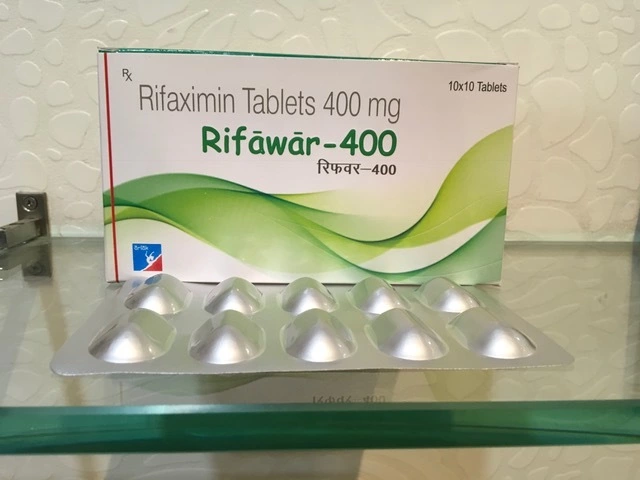GERD Treatments: What Actually Works to Tame Acid Reflux
If you're battling GERD (that's gastroesophageal reflux disease), you know how frustrating it is to deal with that burning in your chest or throat. The good news? There are proven ways to calm your acid reflux and keep your digestion on track. Let's talk about the common treatments that really make a difference.
Medications That Help Control GERD Symptoms
When heartburn strikes regularly, medications often come to the rescue. Over-the-counter antacids, like Tums or Mylanta, provide quick relief by neutralizing stomach acid. But if symptoms linger, your doctor might suggest stronger medicines such as H2 blockers or proton pump inhibitors (PPIs).
H2 blockers, like ranitidine or famotidine, reduce acid production and work well for mild to moderate GERD. PPIs, including omeprazole and lansoprazole, offer a stronger and longer-lasting effect by blocking acid secretion. They're typically recommended for frequent or severe symptoms, helping your esophagus heal.
Remember, these medicines should be used as directed. Long-term use of PPIs without supervision isn’t ideal because of possible side effects and nutrient absorption issues. Always chat with your healthcare provider for the best plan.
Simple Lifestyle Changes That Tame Acid Reflux
Sometimes the biggest impact comes from changing daily habits. Eating smaller meals more often keeps your stomach from becoming too full, which helps prevent acid from backing up. Avoiding trigger foods—like spicy dishes, caffeine, chocolate, or greasy meals—can also cut down flare-ups.
Also, staying upright after eating (no lying down right away) allows digestion to move along comfortably. Losing weight if you’re carrying extra pounds eases pressure on your stomach, lowering reflux risk. Wearing loose clothes can prevent added belly pressure, too.
Don’t forget to quit smoking and limit alcohol; both weaken the valve between the stomach and esophagus, making reflux worse.
With the right combo of medication and smart lifestyle choices, most people with GERD can control their symptoms effectively. If you keep having trouble, it’s important to see a doctor, since untreated GERD might cause complications. But for now, these tips can start you on the path to relief.

Best Over-the-Counter Alternatives to Nexium 40 mg: Effectiveness, Dosing, and Safety Reviewed
- Date: 27 Apr 2025
- Categories:
- Author: David Griffiths
Confused about what to try after Nexium 40 mg? This article takes the guesswork out of choosing an effective and safe over-the-counter (OTC) substitute for Nexium. We break down how OTC heartburn remedies work, recommend dosing strategies, and dig deep into which options deliver real relief. You'll get practical tips backed by real data and find out when it’s time to talk to your doctor. Be ready to feel in control of your heartburn management—without a prescription.



